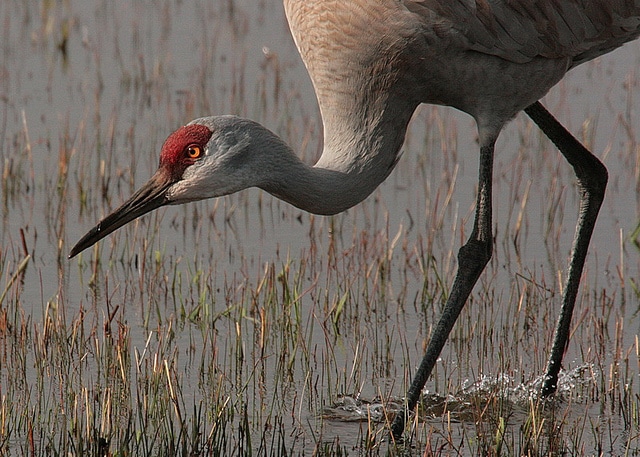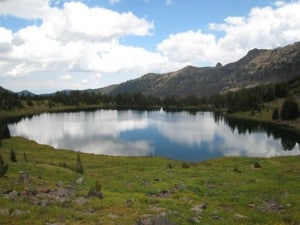
For the last several days, a group of armed extremists has been illegally occupying Malheur National Wildlife Refuge in Oregon. They have said they won’t leave until the Refuge and other public lands are handed over to private interests.
In an effort to justify their actions, the Malheur occupiers are espousing a political agenda to take over all wildlife refuges, national forests, and other public lands, transfer them to local control, and privatize them. The group’s leaders – who are not from the local community – have taken every opportunity to get in front of the TV cameras, repeat their complaints about public land management, and issue their demand that public lands be taken out of public hands (while also calling for the delivery of snacks and hot meals).
We’ve heard the same anti-public land rhetoric here in Montana. Over the last few years, a handful of politicians have been pushing an agenda to take over our national forests and other public lands. The overwhelming majority of Montanans oppose this idea, and the Montana Legislature has so far rejected every single bill to transfer public lands to state or local control. Montanans know that this extremist agenda will reduce public access, ruin wildlife habitat, and expose our public lands to more private development.
Unfortunately, the anti-public land crowd can’t seem to accept a fair defeat in the court of public opinion. It is one thing to advocate for your agenda in the democratic process, it is quite another to invade public lands, hold a local community hostage, and make threats of armed violence. Proponents of the public land transfer can’t stick their heads in the sand and pretend like their rhetoric isn’t fueling this criminal behavior.
The takeover of a national wildlife refuge is a particular slap in the face to America’s hunters. For 80 years, waterfowl hunters have been required to purchase a Duck Stamp, which helps fund the protection of wildlife refuge lands – and hunters have strongly supported the program from the outset. Now, America’s hunters are forced to watch a group of armed, anti-government trespassers occupy the very lands that they’ve helped protect.
Law enforcement officials are working to resolve the situation. All Americans are hopeful for a peaceful resolution that reopens the wildlife refuge and restores order to the local community. The individuals responsible for the occupation need to be held legally responsible for their actions. And the radical politicians calling for the wholesale transfer of public land need to recognize their own responsibility for fueling this undemocratic, criminal behavior. The anti-public land and anti-government rhetoric has to stop.
Dave Chadwick is the executive director of Montana Wildlife Federation.

